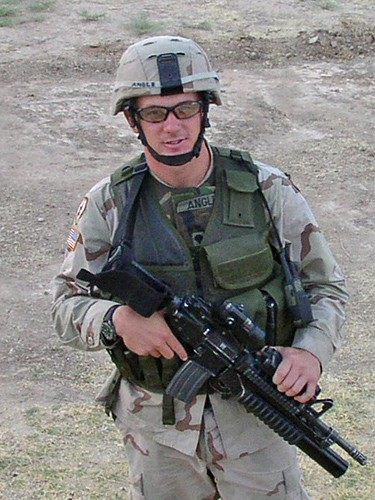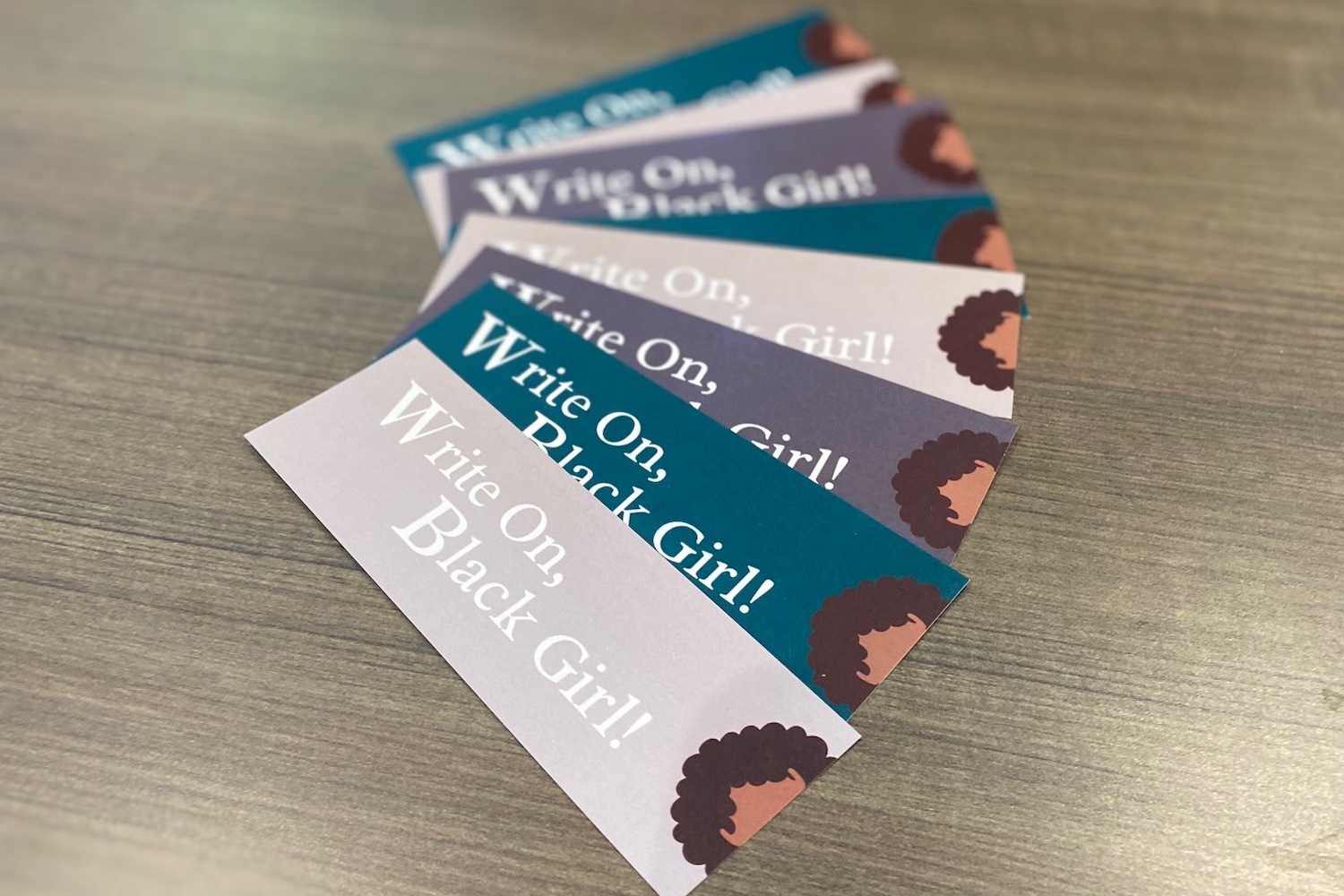Some war veterans arriving on campus find the transition to civilian life less than seamless. Readjusting to a routine of schoolwork and studying can initially pose a challenge. Others feel a disparity between themselves and their classmates. Given that most service members serve for up to eight years, depending on the military branch in which they enlist, students who are veterans tend to be older than the traditional 18-year-old freshmen. But the significant difference in age is not always the only source of disconnect.
Connecting on Campus

“There were a lot of challenges,” says Joel Angle ’09 (CLAS) of starting classes at UConn after his time in Iraq. “I had a way of life and a value system that was structured on what I did in the Army … I had difficulty connecting with people. I felt like I didn’t have anything in common with anyone. For at least six months, my conversations were always focused on ‘When I was in Iraq’ or ‘When I was in the Army.’ That was difficult – always feeling separate from everyone.”
Tunde Szivak ’13 MA, a former Army captain who spent two deployments in Iraq, says, “I think the biggest difference between me and the traditional student is life experience.” Szivak is now pursuing a graduate degree in kinesiology.
“Somebody who’s known only the college environment since they left Mom and Dad really has very little understanding of what it’s like out there,” she says. “Deploying and seeing the way other people live really changes how you see yourself and how you see society in general … It’s really hard to come back to this and feel the same way about it. You feel like you’ve taken a lot of things for granted.”
To ease the transition from military to civilian life, student veterans can take advantage of several on-campus support services at UConn. While the Office of Student Financial Aid Services assists students in navigating the paperwork for veterans’ benefits, a recently designated 24-hour Veterans House on the Storrs campus offers these students a place to socialize. It also hosts a weekly support group.
Melissa Weaver ’11 (CLAS) served for eight years with the Army National Guard in Baghdad, Iraq. “The life lessons you learn [in the Army] you can’t learn in any school,” she says. “It gave me a perspective on life and everything else.”
Looking Beyond UConn
While UConn’s community of about 250 war veterans may often go unnoticed on a campus of more than 20,000 students, the unique perspective they bring to their UConn education and their roles in the larger world after graduation are certainly worth noting.
Lt. Col. Christine Harvey, head of the military science department, cites the “extremely high level of discipline, responsibility and strong personal values” that she sees student veterans bring to the classroom. “I find that often our student veterans bring a global and multicultural interest to their studies that they may have not have had prior to serving in the military,” she says.
Lt. Col. Tony Esposito, assistant professor of military science, says, “When you’re away on active duty, in the Army or Air Force, it’s seven days a week.” Once on campus, student veterans “seem to have a greater value for their time here,” he adds. “They definitely seem to look over the horizon.”
Having served overseas, Travis Mustian ’09 (CLAS), ’11 MA, a former Marine and current UConn graduate student, says he now has a “an appreciation for life in general … The main thing I took from it was that life is precious, and you need to do everything you can to enjoy it and minimize your regrets. That is something that I will take with me for the rest of my life.”
Army veteran Angle agrees. “You may hear from combat veterans and soldiers who have been in combat situations for extended periods of time that you start to see the world in a very different way,” he says. “College is supposed to be about having fun and exploring as much as it is about preparing for life after college. I encourage students to look beyond the borders of UConn and out in the real world, and see how what they are doing now is going to open opportunities on the outside.”
This is the second of four articles this week about veterans on campus.
Tuesday: Coming Home to a College Education
Thursday: History Major Took Advantage of New GI Bill
Friday: Iraq War Veteran Hopes to Help Improve Military Fitness Programs


